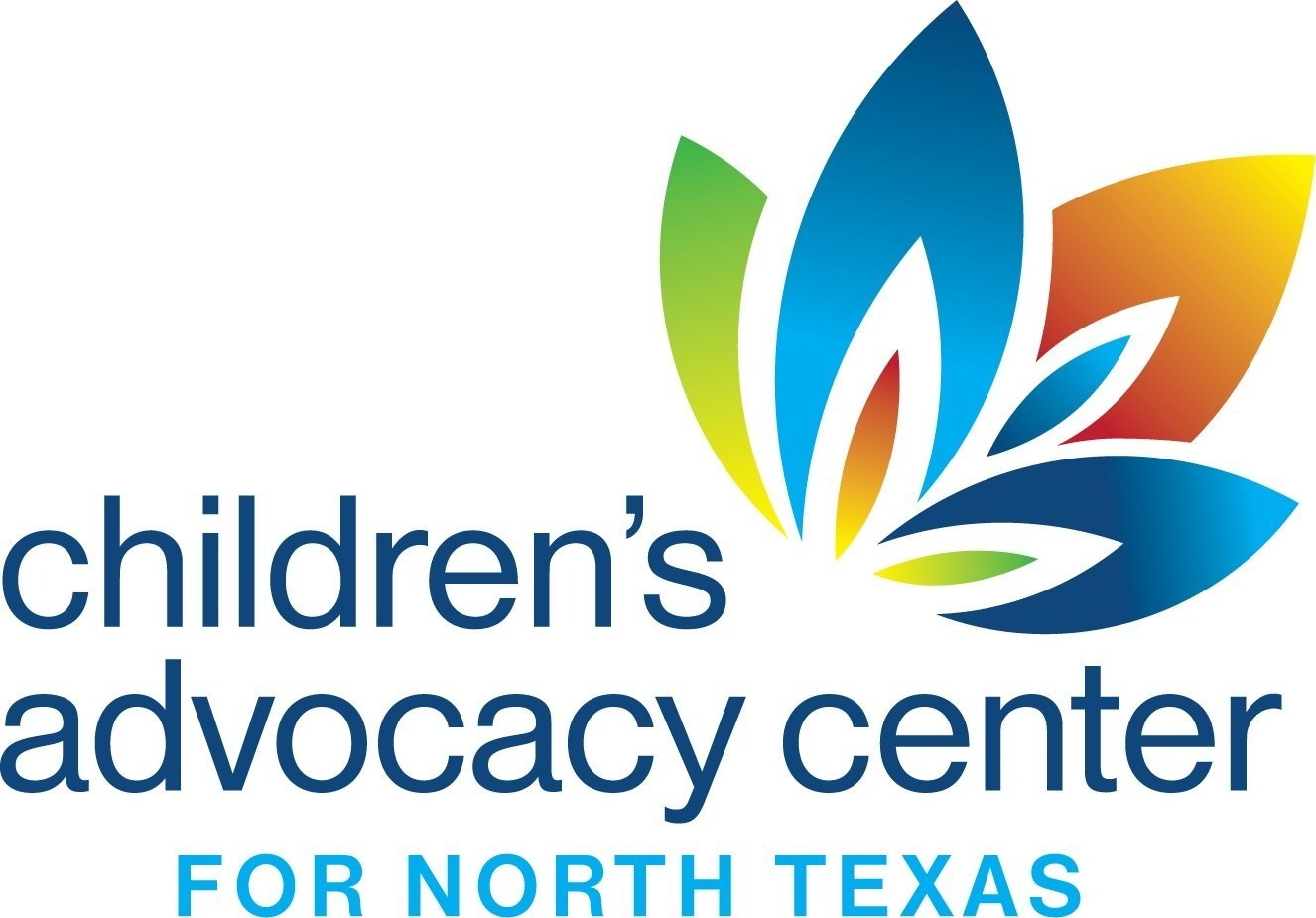Personal Safety
A program for 6th through 8th grade offered in English and Spanish
About Personal Safety
Personal Safety is a 45-minute child abuse prevention program that focuses on safety topics regarding potential online dangers, social media, online gaming, grooming, sextortion, human trafficking, and how to report abuse.
This program is interactive, and students are encouraged to ask questions regarding the content throughout the presentation.
Content is presented to students based on an age-appropriate level.
Statistically, one in ten children will be a victim of sexual abuse before their 18th birthday. Research demonstrates that by teaching about personal safety, children are more likely to report to a trusted adult should an abusive situation occur.
Personal Safety was created by Children’s Advocacy Center for North Texas Multidisciplinary Team in accordance with Senate Bill 9 and includes curriculum from the National Center for Missing and Exploited Children, NetSmartz, Darkness to Light, Childline, and more.
Concepts
Online Safety: The internet is always evolving, so there are always new recommendations to stay as safe as possible online. Children seeing things they do not want to see online is a risk, and there are safety measures a child can take if this happens such as turning off the screen, telling a trusted adult, and reporting the website or app to the CyberTipline. More very important safety tips for children utilizing social media and online gaming include setting accounts on private, always thinking before posting, protecting privacy online, and using the block and report features. NetSmartz. (2022). National Center for Missing & Exploited Children. https://www.missingkids.org/netsmartz
Grooming: According to Children’s Advocacy Centers of Texas, in the year 2021, 98% of child abuse victims knew their alleged perpetrators; this happens through a deliberate process called child grooming. Grooming allows offenders to gradually overcome natural boundaries prior to the abuse occurring. Grooming a child can look like a close relationship between the offending adult, the targeted child, and even the child’s caregivers. The grooming process is often deceptive because the offender may be well-known or respected in the community making it easy to trust them. Grooming and Red Flag Behaviors. (2022). Darkness to Light. https://www.d2l.org/child-grooming-signs-behavior-awareness/
Sextortion: Sextortion is an online threat to kids and teens and can begin on any site, app, or game where people are meeting and communicating. This crime often starts when young people believe they are conversing with another person their own age who is interested in a relationship or with someone who is offering something of value. The perpetrator will use threats, gifts, money, flattery, lies, or various other methods to get a young person to produce an image. After the perpetrators have one or more videos or pictures, they then threaten to share that content, or they threaten violence, to get the victim to produce more images. Children feel shame, fear, and confusion when caught in this cycle, and it can often prevent them from asking for help or reporting this abuse. It is important for caregivers and young people to understand how this crime occurs and openly discuss online safety. Sextortion. (2022). Federal Bureau of Investigation. https://www.fbi.gov/scams-and-safety/common-scams-and-crimes/sextortion
Sex Trafficking: The term “sex trafficking” describes the recruitment, harboring, transportation, provision, or obtaining of a person for the purpose of a commercial sex act. Further, “child sex trafficking,” simply put, is the exchanging of something of value for sex with a child/minor. Victims of child sex trafficking do not often recognize they are being trafficked. This crime can happen to anyone regardless of age, culture, gender, neighborhood, etc. Traffickers identify children with noticeable vulnerabilities or needs and often scour common locations such as bus stations, shopping malls, sports events, online, etc. What Exactly is Human Trafficking? (2022). Unbound. https://www.unboundnow.org/human-trafficking
Reporting to Trusted Adult: A trusted adult is someone a child can talk to about anything, especially when help may be needed. Adults are safe when they respect a child’s body boundaries, always believe a child, remove access from the person who hurt a child, and never ask a child to keep a secret. There are secrets that are important to TELL and surprises that are “OK” to keep. National Center for Missing and Exploited Children. (2022). Being a Trusted Adult. NetSmartz. https://www.missingkids.org/
